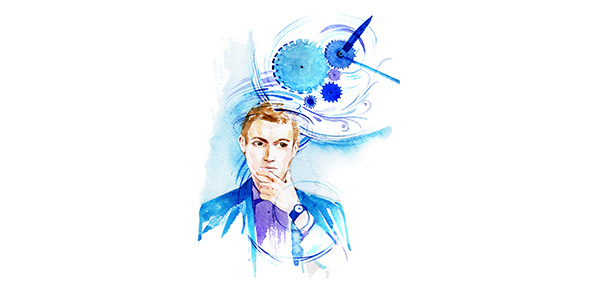Related Flashcards
Cards In This Set
| Front | Back |
|
Recollection
|
Conscious recollection of the event, including retrieval contextual information; slow, attention-demanding
|
|
Familiarity
|
Acontextual sense of familiarity of
the stimulus; fast, automatic |
|
Mirror Effect
|
Idea that if something is poorly recognized as old when old, will be poorly recognized as new when new, and vice versa
|
|
Remember/Know Procedure
|
Subjects are asked to determine whether an old word was either remembered (ie its occurence in test is known) or if they know it (ie that they remember the word was in the test but not when it occured)
|
|
Discrimination/ d prime
|
Ability to judge between two (old/new) distributions ... a measure of recognition accuracy
|
|
Recall Test
|
At varying retention intervals, subjects tried
to recall events in response to particular retrieval cues: Time Location Both time & location Thoughts Action Characteristics of recalled events: Rich in sensory detail, emotions and thoughts; unique, exciting events |
|
Galton Word-Cuing Technique
|
Retrieve a personal memory in response to
cue word. MEDAL Write down a phrase to remind you of the personal memory that you retrieve. Next, try to date each memory. |
|
Event-cuing technique
|
Recall personal memories in response to specific event cues
E.g., Your 1st week of college Hearing the news of 9/11 |
|
Selective retrieval (biased search)
|
In realistic social settings, when one recounts an event from memory, the goal of such storytelling is often to entertain (or to project a certain image of oneself). Accuracy is not of foremost importance; we take liberties with the actual event, embellish details, etc.
|
|
Implicit theories (of change vs. stability)
|
Using current status as reference point, reconstruct the past based on whether changes should have occurred over time. Subjects who took a bogus study skills course
misremembered their prior skills as having been worse than they actually were (Conway & Ross, 1984). |
|
Motivated memory
|
The way we remember personal events is driven in part
by how we are motivated to see ourselves, our need for a cohesive life narrative, and our ideas about what should have happened. |
|
What causes forgetting in STM/LTM?
|
– Interference |
|
Proactive interference
|
Previously learned information interferes with new information
|
|
Retroactive interference
|
Newly learned information interferes with old information
|
|
Why does Proactive Interference occur?
|
Simliarity
|





